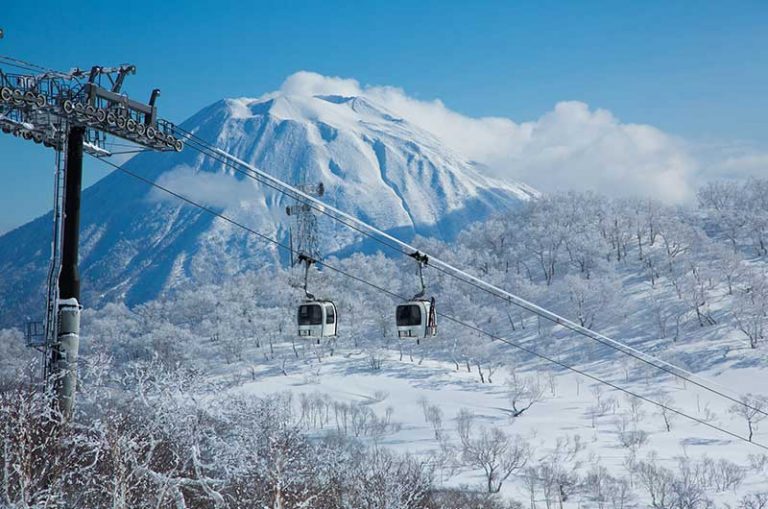The bid to host future Olympic and Paralympic Winter Games could be thrown into further disarray if Sapporo agrees with the Japanese Olympic Committee (JOC) to delay the 2030 bid to 2034.

JOC president Yasuhiro Yamashita made the new revelation about possible plans Monday according to Kyodo News, only hours after Sapporo’s incumbent pro-Olympic Mayor Katsuhiro Akimoto won a third consecutive term defeating two anti-Olympic rivals in an election where the 2030 Olympic bid was a key platform issue. Opponents were strong opposition for Yamashita, but they ended up splitting the anti-Olympic vote according to Japanese newspaper Asahi Shimbun.
“We will once again present citizens our plan to host a clean Games in Sapporo and will continue the discussion,” Akimoto, who won 56 percent of the vote said in a victory speech, adding “eventually, we would like to proceed after confirming the opinions of citizens.”
But Yamashita pumped the brakes, saying the election “made it clear that many local residents are concerned and anxious. It’s hard to go ahead with the original bid plan without gaining people’s understanding.”
“We have to do things carefully. Otherwise, we can’t move forward,” he added along with remarks that a delay would be considered in discussions planned with bid officials.
The bid was receiving warmer support a year ago before the Tokyo 2020 corruption scandal grabbed international headlines causing anger and resentment among the population. With a dip in the polls, the bid was suspended in December while options were reconsidered.
According to a Jiji Press election exit poll 53 percent oppose the bid while only 27 percent said they support the project and the remainder are undecided. A poll released by Asahi Shimbun last week suggested 47 percent were against bid plans while 57 percent said it would factor into their vote for Mayor and 79 percent felt a proper referendum should be held. Under International Olympic Committee (IOC) bidding rules, referendums are mandatory from regions where they are legally required and they must be held before the project can be seriously considered.
Sapporo was in good position to host its second Winter Games in 2026 before an earthquake hit the Hokkaido province in 2018 forcing the government to withdraw the bid and focus on rebuilding and recovery with an intention to try again for 2030. A further delay to 2034 could complicate the IOC’s plans for awarding the Winter Games next decade.
Salt Lake City had seemed a lock to host in 2034 after United States Olympic and Paralympic Committee (USOPC) Chief Gene Sykes last month said that his organization and the IOC had the “same preference.” The USOPC prefers to host in 2034 instead of 2030 so the Los Angeles 2028 Summer Games will not crowd out revenue opportunities. But Sykes assured that Salt Lake City would step in for 2030 if necessary.
Should Japan retarget for 2034, Sapporo would become an opponent for Salt Lake City and set up a race that was never expected.
Vancouver and Barcelona stepped back from 2030 bids due to political issues, but Sweden and Switzerland have since entered into dialogue with the IOC and are exploring potential projects. The IOC claims more than six regions are considering future Winter bid opportunities, and that number is thought to include those regions that have ended active bids.
The IOC had intended to announce a shortlist of candidates last December but instead postponed the race in order to study climate change and its impacts on prospective Winter Games hosts. The Future Host Commission is considering the selection of a pool of permanent regions to host in a rotation, and could elect both the 2030 and 2034 hosts simultaneously as early as 2024.
Japan has previously hosted the Winter Games in Sapporo in 1972 and Nagano in 1998.

